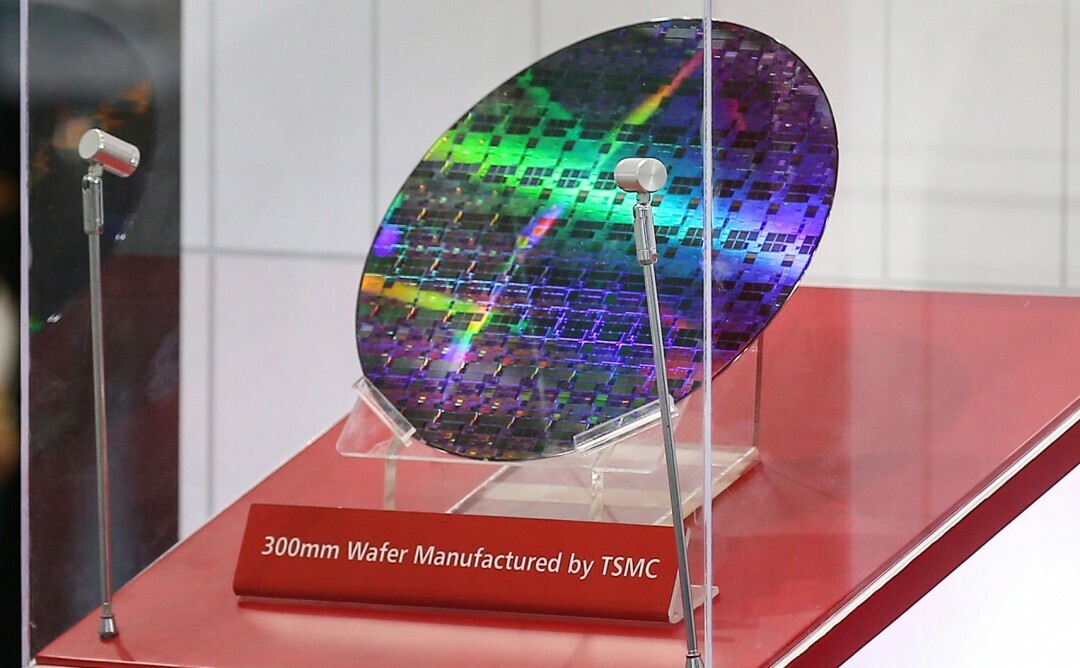winjer
Gold Member

TSMC to Raise Wafer Prices by 10% in 2025, Customers Seemingly Agree
Taiwanese semiconductor giant TSMC is reportedly planning to increase its wafer prices by up to 10% in 2025, according to a Morgan Stanley note cited by investor Eric Jhonsa. The move comes as demand for cutting-edge processors in smartphones, PCs, AI accelerators, and HPC continues to surge...
Taiwanese semiconductor giant TSMC is reportedly planning to increase its wafer prices by up to 10% in 2025, according to a Morgan Stanley note cited by investor Eric Jhonsa. The move comes as demand for cutting-edge processors in smartphones, PCs, AI accelerators, and HPC continues to surge. Industry insiders reveal that TSMC's state-of-the-art 4 nm and 5 nm nodes, used for AI and HPC customers such as AMD, NVIDIA, and Intel, could see up to 10% price hikes. This increase would push the cost of 4 nm-class wafers from $18,000 to approximately $20,000, representing a significant 25% rise since early 2021 for some clients and an 11% rise from the last price hike. Talks about price hikes with major smartphone manufacturers like Apple have proven challenging, but there are indications that modest price increases are being accepted across the industry. Morgan Stanley analysts project a 4% average selling price increase for 3 nm wafers in 2025, which are currently priced at $20,000 or more per wafer.
Mature nodes like 16 nm are unlikely to see price increases due to sufficient capacity. However, TSMC is signaling potential shortages in leading-edge capacity to encourage customers to secure their allocations. Adding to the industry's challenges, advanced chip-on-wafer-on-substrate (CoWoS) packaging prices are expected to rise by 20% over the next two years, following previous increases in 2022 and 2023. TSMC aims to boost its gross margin to 53-54% by 2025, anticipating that customers will absorb these additional costs. The impact of these price hikes on end-user products remains uncertain. Competing foundries like Intel and Samsung may seize this opportunity to offer more competitive pricing, potentially prompting some chip designers to consider alternative manufacturing options. Additionally, TSMC's customers could reportedly be unable to secure their capacity allocation without "appreciating TSMC's value."

We gamers just can't catch a break.
And of course, this will affect the PS5 Pro, next gen GPUs and CPUs.

Last edited:



